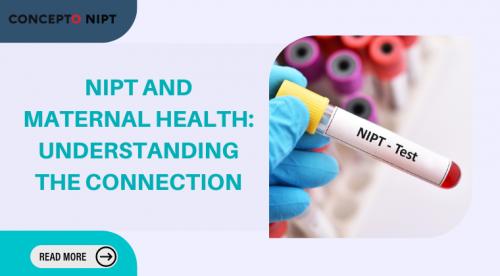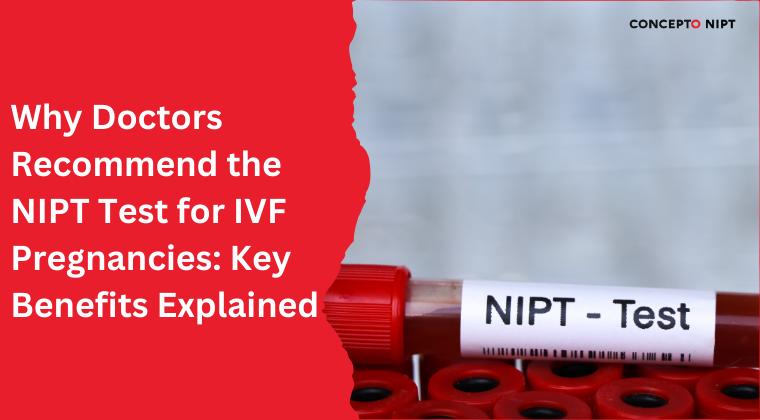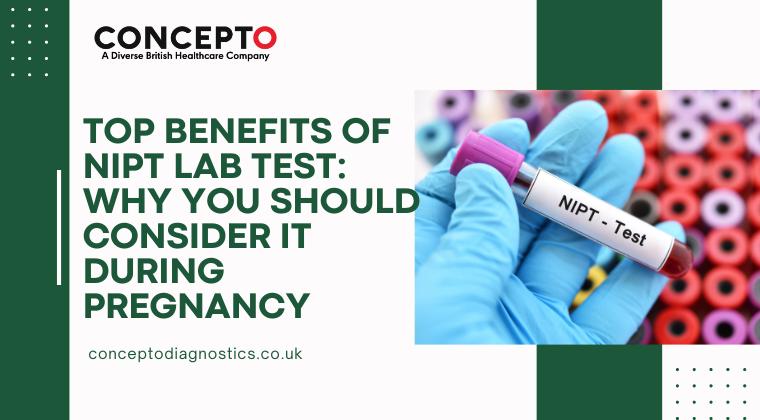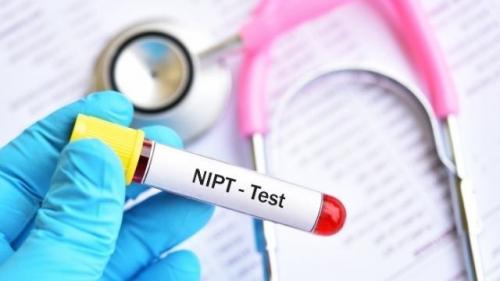NIPT And Maternal Health: Understanding The Connection

Non-Invasive Prenatal Testing (NIPT) has revolutionized prenatal care. While NIPT is primarily known for detecting fetal chromosomal abnormalities, it also offers significant insights into maternal health. Understanding this connection is crucial for expectant mothers. In the UK, where maternal health is a priority, NIPT's role cannot be overstated. By providing early and valuable information about both the baby and the mother, NIPT has become an essential tool in prenatal care. This article explores how the nipt test in the UK can provide insights into maternal health and help detect potential complications during pregnancy.
Maternal Health Insights through NIPT
1. Detection of maternal genetic conditions
NIPT can sometimes reveal genetic conditions in the mother that were previously undiagnosed. While the test targets fetal DNA, it also captures the mother’s genetic information. This dual analysis can uncover maternal genetic conditions that may impact both the pregnancy and the mother's health long-term.
2. Monitoring placental health
The placenta plays a crucial role in supporting fetal development, and its health is indicative of a healthy pregnancy. NIPT can identify placental issues, such as confined placental mosaicism, where some placental cells differ genetically from the fetal cells. Detecting such conditions early can lead to closer monitoring and timely interventions to manage potential complications.
3. Identifying preeclampsia risk
Preeclampsia is a serious pregnancy complication characterized by high blood pressure. Early detection is vital for preventing severe outcomes for the mother and the baby. Some studies suggest that NIPT might help identify biomarkers associated with an increased risk of preeclampsia, enabling healthcare providers to take preventive measures.
4. Managing Rh incompatibility
Rh incompatibility occurs when a mother with a Rh-negative blood type carries an Rh-positive fetus, leading to potential complications like hemolytic disease in the newborn. NIPT can determine the fetal Rh status, allowing for early and appropriate management to prevent adverse outcomes.
Potential complications and early detection
Early detection of complications is a necessary benefit of NIPT or any pregnancy scan in the UK. By identifying potential issues early, healthcare providers can take proactive steps to manage and mitigate risks.
Preeclampsia
Preeclampsia is a serious condition characterized by high blood pressure and signs of damage to other organs. NIPT can help in its early detection, allowing for timely intervention.
Gestational diabetes
While not directly detected by NIPT, the test's insights can lead to early screenings for conditions like gestational diabetes. Early management can significantly improve outcomes.
Chromosomal abnormalities
Detecting chromosomal abnormalities early allows parents to make informed decisions. It also enables healthcare providers to prepare for potential complications at birth.
To conclude, NIPT is more than a test for fetal abnormalities. Expectant mothers in the UK should consider NIPT as part of their prenatal care routine. For personalized advice and comprehensive prenatal care, visit Concepto Diagnostics. Our healthcare experts are here to guide you. Ensure your health and your baby’s well-being by choosing comprehensive prenatal care with us.
Contact us today to schedule your NIPT test during pregnancy in the UK and get personalized pregnancy care.







Comments